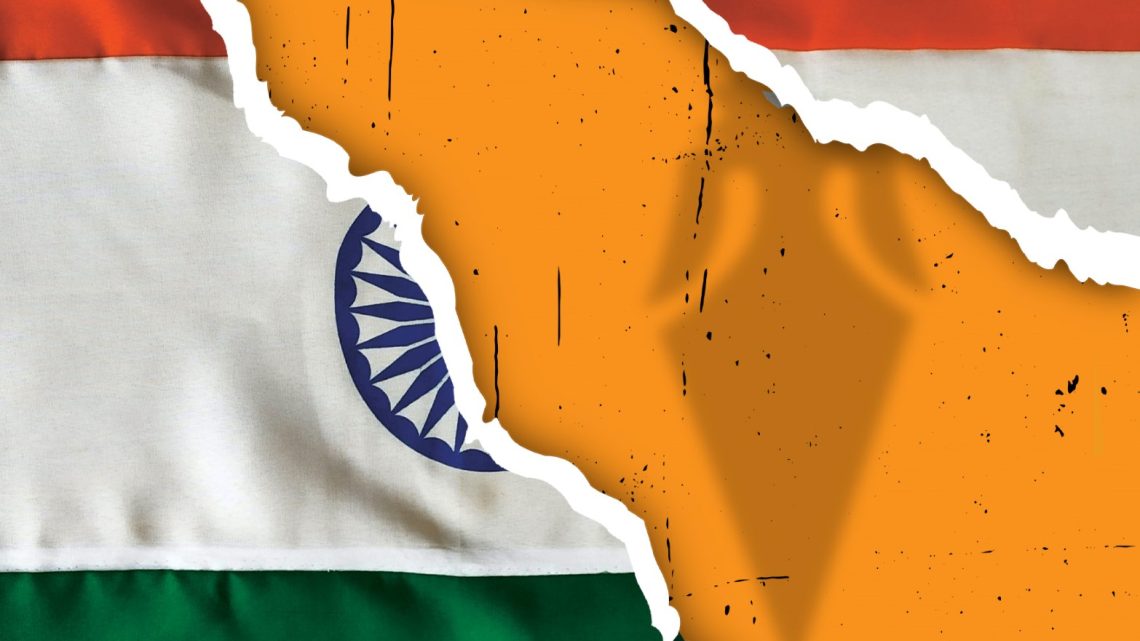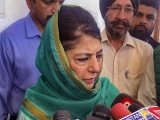
The Erosion of Indian Democracy: Evaluation of Electoral Integrity
April 17, 2024As India runs for the upcoming Lok Sabha elections, concerns over the integrity of the electoral process loom large. In a contemptuous critique, voices from various quarters have raised alarms about the erosion of democratic principles and the prevalence of systematic rigging and manipulation.
The assertion that the upcoming election is not free and fair reverberates as a damning indictment of the state of democracy in the country. Highlighting the imprisonment of two chief ministers and the stifling of opposition voices through coercive measures, critics point to a disturbing pattern of abuse of power and suppression of dissent by agencies allegedly under the control of the ruling regime led by Narendra Modi.
The unprecedented crackdown on political opponents, including the Congress party’s restricted access to its bank accounts, underscores the extent to which democratic institutions have been undermined and subverted for political gains. The narrative of electoral fairness is further muddied by allegations of preferential treatment towards those who align with the ruling National Democratic Alliance (NDA), raising serious doubts about the impartiality of the electoral process.
International assessments paint a grim picture of India’s democratic health, with classifications ranging from “electoral autocracy” to “flawed democracy.” Organizations such as V-Dem, the Economist Intelligence Unit, and Freedom House have all sounded the alarm bells, highlighting the erosion of civil liberties and the growing authoritarian tendencies within the Indian political landscape.
The government’s response to these damning reports has been dismissive, with attempts to downplay the severity of the situation and deflect attention from the glaring deficiencies in democratic governance. However, the stark reality of shrinking freedoms, curtailed civil liberties, and a compromised judiciary cannot be ignored or brushed aside.
Looking ahead to the 2024 Lok Sabha elections, there is a palpable sense of apprehension regarding the credibility of the electoral outcome. If the ruling regime secures a landslide victory through dubious means, the legitimacy of the results will be called into question, casting a long shadow of doubt over the mandate and governance of the elected government.
Conversely, if the opposition manages to dent the ruling party’s majority, it is anticipated that they will face relentless persecution and reprisals, further exacerbating the climate of fear and intimidation that pervades Indian politics today.
In essence, India finds itself at a crossroads, contending with existential questions about the sanctity of its democratic institutions and the resilience of its democratic values. As Prime Minister Modi espouses disdainful rhetoric about democracy, the ground reality tells a starkly different story—one of democratic backsliding, institutional decay, and the erosion of public trust in the electoral process.
As citizens and stakeholders in India’s democratic experiment, the responsibility lies on Indian population to hold the leaders accountable, demand transparency and fairness in elections, and safeguard the fundamental principles upon which the true democracy rests. The future of India’s democracy hangs in the balance, and the choices made today will shape the destiny for generations to come.

